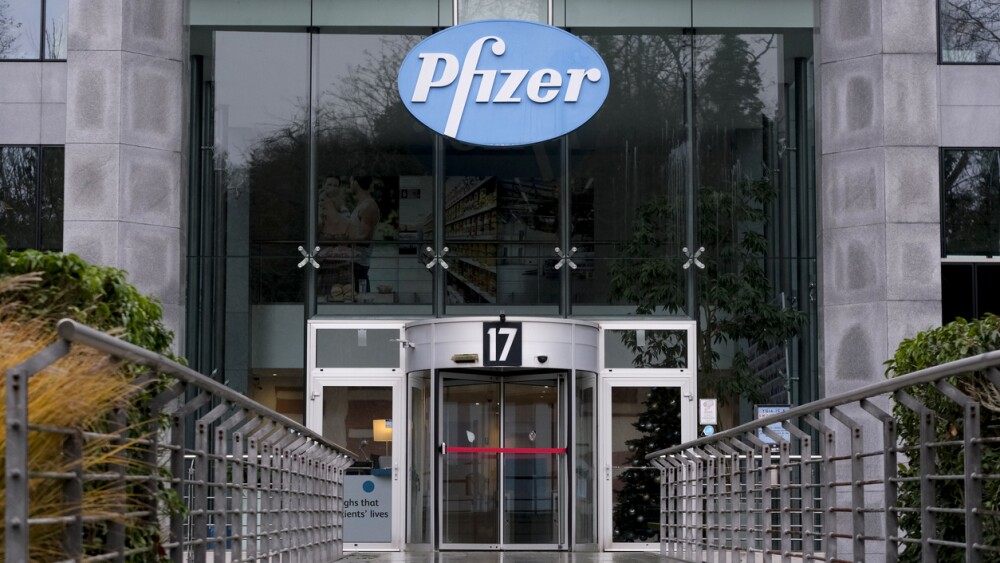A federal appeals court Monday backed Teva and Viatris’ challenge to a lower court ruling, finding that the companies can again make their case against Johnson & Johnson’s patent covering its schizophrenia drug Invega Sustenna.
The U.S. Court of Appeals for the Federal Circuit on Monday ruled in favor of Teva Pharmaceuticals and Viatris, finding that the final Johnson & Johnson patent over its schizophrenia drug Invega Sustenna (paliperidone palmitate) is invalid.
The panel of judges agreed with Teva that a district court erred in its assessment of the patent. The lower court “ended up conflating” J&J’s clinical data, which allowed it to secure the FDA’s approval for a universal and generalized dosing regimen, with the scope of the claims of the patent itself, according to Monday’s ruling.
The case will now go back to a New Jersey federal court, where Teva will have another chance to make its case that J&J’s patent, which protects a certain dosing regimen of Invega Sustenna, is invalid because it is obvious to experts knowledgeable in the field.
“The district court will need to reassess the significance of the secondary considerations as part of its renewed obviousness analysis,” Monday’s ruling stated.
If Teva ultimately emerges victorious, it could open Invega Sustenna up to generic competition, which in turn could lower drug prices for patients.
A Teva spokesperson in an emailed statement to Reuters said that the company was pleased with the court’s decision and that it will work to provide “this important low-cost medication to patients as soon as possible.”
However, J&J disagreed with the ruling, adding that it will “continue defending the intellectual property of Invega Sustenna,” a company spokesperson told Reuters.
Designed to be administered via an intramuscular injection, Invega Sustenna is an atypical antipsychotic indicated for the treatment of schizophrenia and schizoaffective disorder in adults. According to its label, the drug’s exact mechanism is unknown, though it might exert its therapeutic effects by activating the central dopamine type 2 and serotonin type 2 receptors.
Invega Sustenna won the FDA’s approval in 2006 and has since become a blockbuster for J&J. In 2023, the drug and its related products brought in more than $4.1 billion in revenue worldwide, representing only a modest 0.6% decline in earnings versus its 2022 figures.
J&J sued Teva in 2018 after the generics developer filed an Abbreviated New Drug Application, seeking to manufacture a generic version of Invega Sustenna. The New Jersey-based pharma asserted protections of a specific patent, which covered dosing regimens that administered paliperidone palmitate to a psychiatric patient for treatment of schizophrenia.
Judge Claire Cecchi ruled in favor of J&J in 2021, finding that Teva had not sufficiently shown that the patent was invalid.
Tristan Manalac is an independent science writer based in Metro Manila, Philippines. Reach out to him on LinkedIn or email him at tristan@tristanmanalac.com or tristan.manalac@biospace.com.






